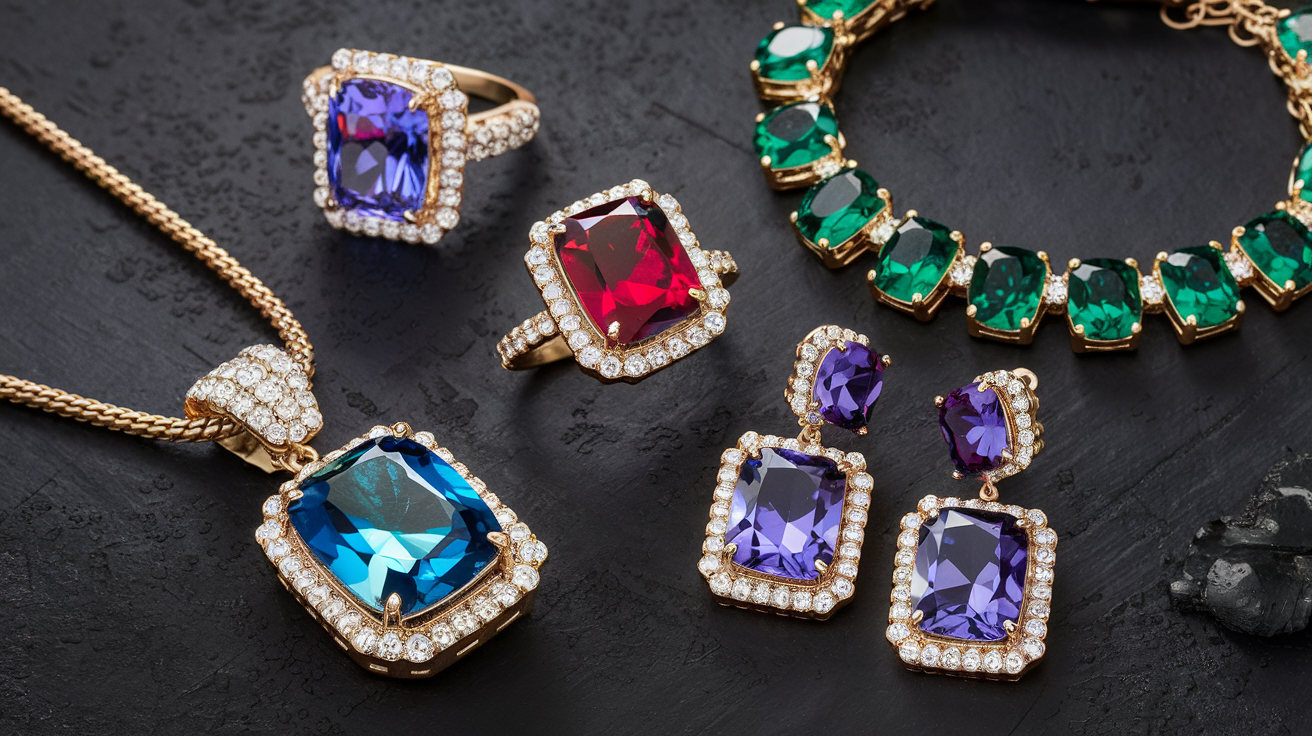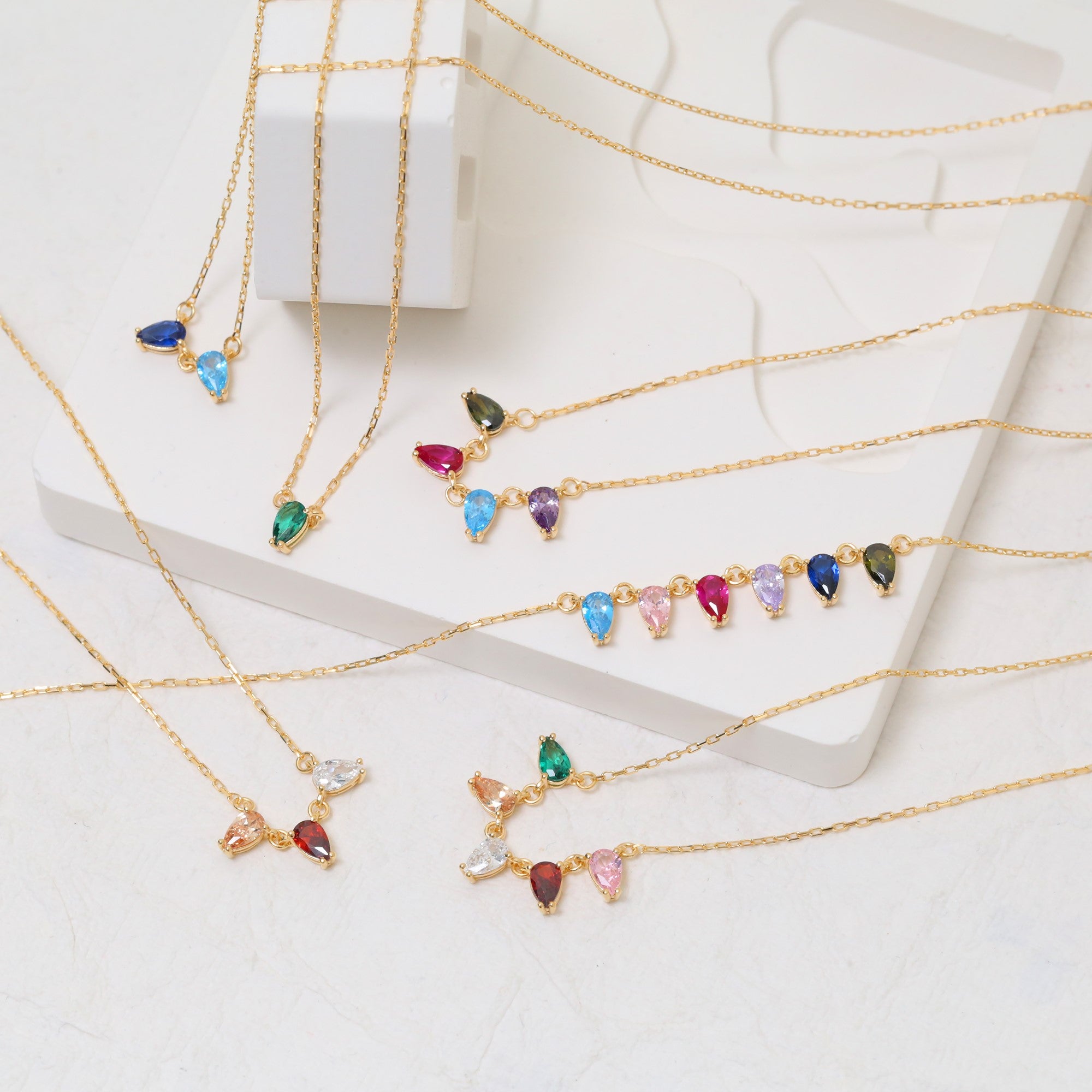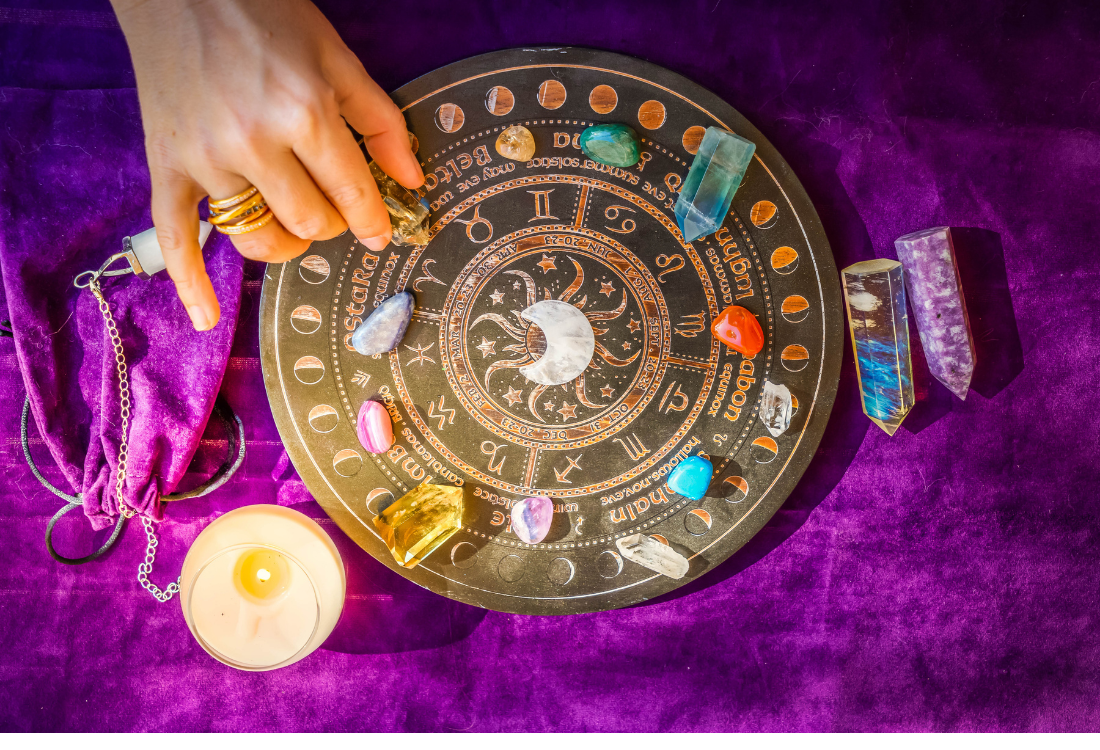Jewelry has been an integral part of human culture for thousands of years, serving not only as adornment but also as a means of expressing identity, status, and belief. This document explores the rich history and symbolism behind some of the most popular jewelry pieces, shedding light on their significance across different cultures and eras. From ancient amulets to modern engagement rings, each piece tells a story that reflects the values and traditions of its time.

1. The Significance of Rings
Engagement Rings
Engagement rings have a storied history, dating back to ancient Rome where they were used to signify a betrothal. The tradition of giving a diamond engagement ring began in the 15th century, popularized by the Archduke Maximilian of Austria. The diamond, symbolizing strength and eternal love, has since become the standard for engagement rings in many cultures.

Wedding Bands
Wedding bands are often exchanged during marriage ceremonies as a symbol of commitment and unity. The circular shape represents eternity, with no beginning or end. Historically, these bands were made of various materials, from simple iron to precious metals, depending on the couple's status and wealth.

2. Necklaces and Pendants
Lockets
Lockets have been worn since the 16th century and often contain a small portrait or a lock of hair from a loved one. They symbolize love and remembrance, serving as a personal keepsake that connects the wearer to cherished memories.

Chokers
Chokers have a fascinating history, originating in the 18th century as a symbol of status among the aristocracy. They have evolved over time, becoming a fashion statement in various cultures, often associated with femininity and elegance.

3. Earrings
Studs
Stud earrings are timeless pieces that have been worn since ancient times. They symbolize simplicity and elegance, often chosen for their versatility and ability to complement various outfits.

Hoops
Hoop earrings have a rich cultural significance, particularly in African, Latin American, and Native American communities. They often represent strength and resilience, with their circular shape symbolizing unity and wholeness.

4. Bracelets
Charm Bracelets
Charm bracelets have been popular since the Victorian era, with each charm representing a significant event or memory in the wearer's life. They symbolize personal history and individuality, allowing wearers to express their unique stories.

Bangles
Bangles are traditional in many cultures, particularly in South Asia, where they are often worn by brides as a symbol of prosperity and marital status. The sound of bangles clinking together is also associated with joy and celebration.

5. Brooches
Brooches have been worn since ancient times, serving both functional and decorative purposes. They often symbolize personal style and can carry sentimental value, especially if passed down through generations. In the Victorian era, brooches were used to convey messages, with different designs representing various emotions and sentiments.

Conclusion
Jewelry is more than just an accessory; it is a reflection of cultural heritage, personal identity, and emotional connections. Understanding the history and symbolism behind popular jewelry pieces enriches our appreciation for these adornments, allowing us to recognize their significance in our lives and the lives of others. Whether worn for fashion, tradition, or sentiment, jewelry continues to play a vital role in human expression across the globe.




